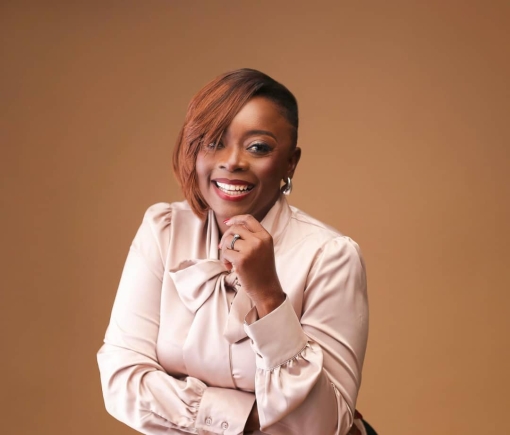Mariam K. Agyeman-Buahin, a marketing and FinTech expert, is advocating for financial solutions specifically designed to meet the unique needs of Ghana’s creative industry. She points out a significant gap between traditional financial services and the realities of working within the creative sector.
According to her, many creative entrepreneurs operate outside conventional business models and require financial products that accommodate their irregular income flows and digital-first operations.

“Creative entrepreneurs don’t fit the traditional mold. They need financial solutions that align with their real lives—things like mobile savings, loans backed by royalties, and digital accounting tools. It’s time to rethink our approach,” she said in an interview.
A 2023 report by the Ghana Investment Promotion Centre (GIPC) found that over 60 percent of creatives rely primarily on personal savings or family support to fund their ventures. Many are labeled as high-risk by traditional banks due to a lack of collateral, unstable income, and informal business structures.
Some FinTech companies, such as PayBox Ghana and Bloom Financial, are beginning to bridge the gap. They provide services like mobile-based savings, short-term loans, and invoice financing, using alternative data sources—such as social media engagement and online sales records—to assess creditworthiness.
Although equity crowdfunding is growing globally, its adoption in Ghana remains slow, hampered by regulatory uncertainties and low public awareness. Meanwhile, emerging technologies like blockchain are being explored to enhance transparency in royalty payments and to create new digital revenue streams.
Women in the creative sector face even steeper challenges. Proposed initiatives such as women’s development banks and microfinance programs aim to introduce gender-sensitive financial solutions that can better support female creatives.
Despite the launch of the National Creative Arts Industry Policy in 2022, progress has been sluggish. Industry players continue to push for policy updates that accommodate digital businesses and non-traditional models.
“Financial inclusion isn’t just about access—it’s about relevance,” Mariam emphasized. “We need collaboration among government, financial institutions, and creatives to design systems that truly meet the industry’s needs.”
Among the suggested reforms are tax incentives for creative startups, government-supported digital skills programs, and the integration of mobile-based credit scoring into mainstream financing options.

